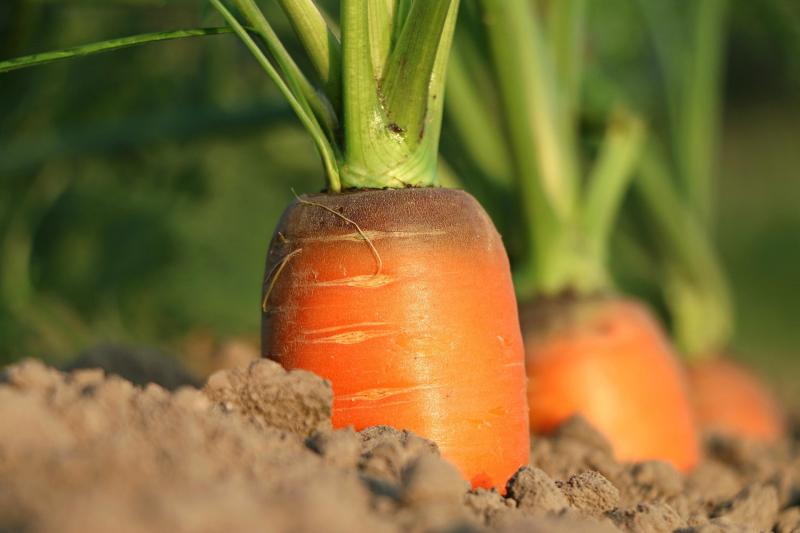The Babool tree holds a revered position within traditional medicine systems, particularly in Ayurveda, the ancient Indian system of healing. For millennia, Ayurvedic practitioners have recognised the therapeutic virtues of various parts of the Babool tree, integrating them into remedies for a wide range of conditions. The bark, with its high tannin content, has been traditionally prized for its astringent and haemostatic properties, making it a staple in formulations aimed at addressing oral health issues. Babool is frequently mentioned in the context of maintaining oral hygiene. Its powder has been used as a tooth powder to cleanse the teeth, strengthen the gums, and alleviate toothaches. The bark powder is believed to help tighten loose gums and reduce bleeding, while its antiseptic properties contribute to combating oral infections. Chewing on young Babool twigs has also been a traditional practice for maintaining oral health, serving as a natural toothbrush that releases beneficial compounds into the mouth. In some African communities, chewing Babool twigs is a common practice for cleaning teeth and freshening breath.
The traditional use of Babool for maintaining oral hygiene has garnered significant scientific attention. Numerous studies have investigated its antimicrobial, astringent, and anti-inflammatory properties in the context of dental health.
Research has consistently demonstrated Babool's effectiveness against a range of oral bacteria that are implicated in the development of dental plaque, cavities (dental caries), and gum disease (periodontal disease). Studies have shown that extracts and powders derived from Babool bark and gum exhibit inhibitory activity against key pathogens such as Streptococcus mutans, the primary bacterium associated with tooth decay, and Porphyromonas gingivalis, a major player in gum disease. The bioactive compounds, particularly tannins and certain flavonoids, are believed to disrupt bacterial cell membranes and interfere with their growth and adhesion to tooth surfaces.
The high tannin content in Babool is responsible for its potent astringent effects. Astringents help to precipitate proteins and contract tissues. In the oral cavity, this translates to the tightening of gum tissues, which can help to reduce gum bleeding, strengthen the gingival barrier against bacterial invasion, and alleviate symptoms of gingivitis. Studies have shown that Babool extracts can significantly reduce gingival inflammation and bleeding gums.
Inflammation plays a crucial role in the progression of gum disease. Research suggests that Babool possesses anti-inflammatory properties that can help to mitigate gingival inflammation. Certain flavonoids and other phenolic compounds present in Babool are believed to inhibit the production of pro-inflammatory mediators, thereby contributing to the management of gingivitis and potentially slowing the progression of periodontitis.
Dental plaque is a sticky film of bacteria that constantly forms on teeth. If not removed regularly, it can lead to cavities and gum disease. Studies have indicated that Babool extracts and powder can interfere with the formation and accumulation of dental plaque. Its antimicrobial action reduces the bacterial load in the mouth, while its astringent properties may help to create a less hospitable environment for bacterial adhesion.
Some studies have compared the efficacy of Babool-based oral hygiene products with conventional toothpaste and mouthwashes. While Babool may not always exhibit the same level of fluoride protection as fluoridated toothpaste, it has shown comparable or even superior antimicrobial and anti-inflammatory effects in certain aspects of oral health. This suggests that Babool powder could be a valuable natural addition to conventional oral hygiene practices.
Babool powder can be used in various ways to promote dental health. It can be directly applied to the teeth and gums as a tooth powder, added to tea and coffee, placed in water to create a mouth rinse, or incorporated into herbal toothpastes.



